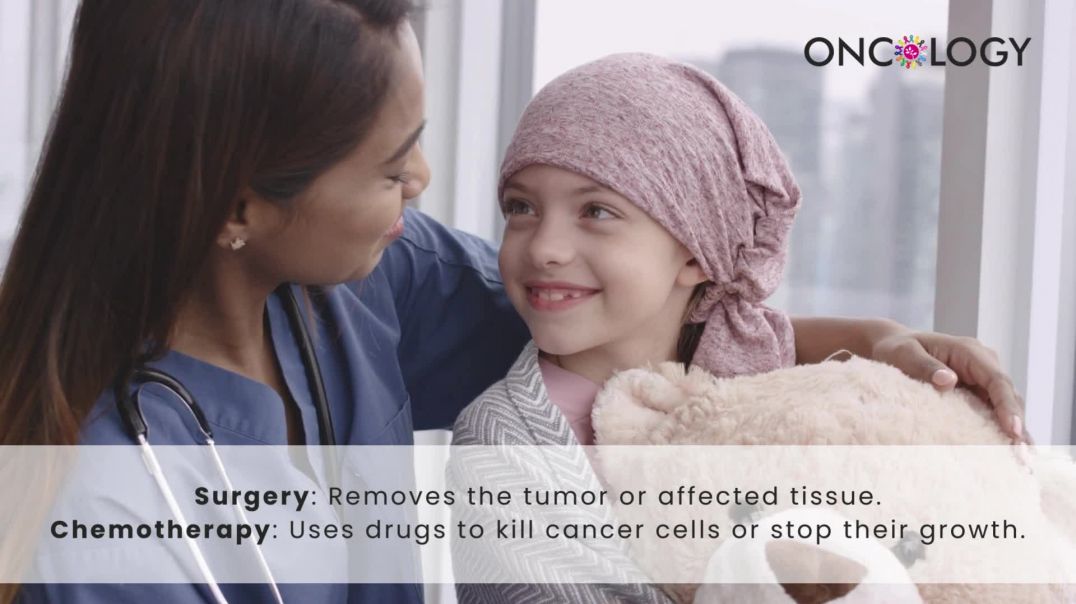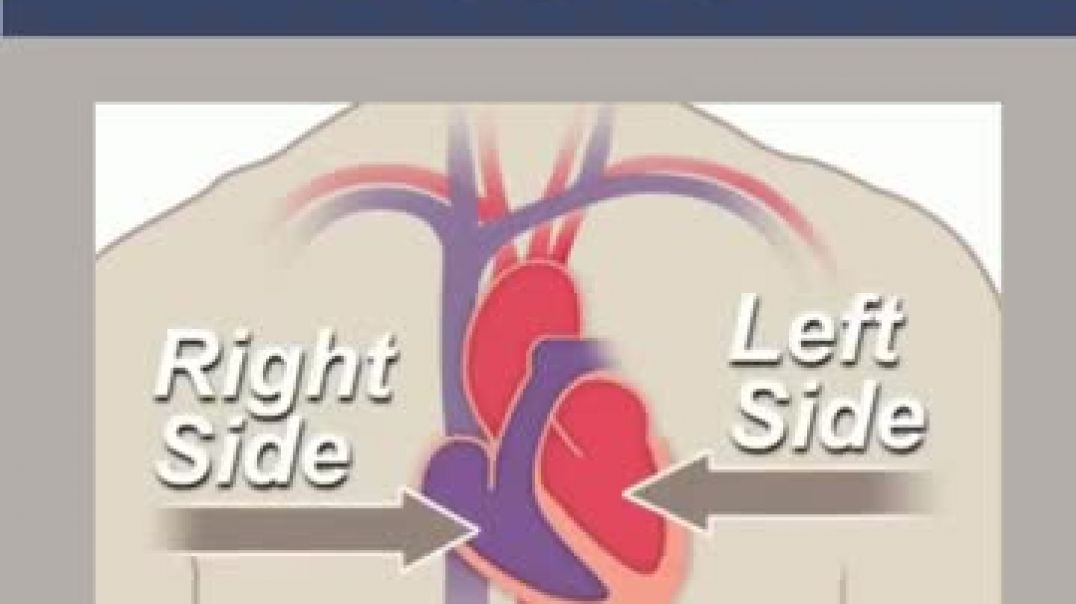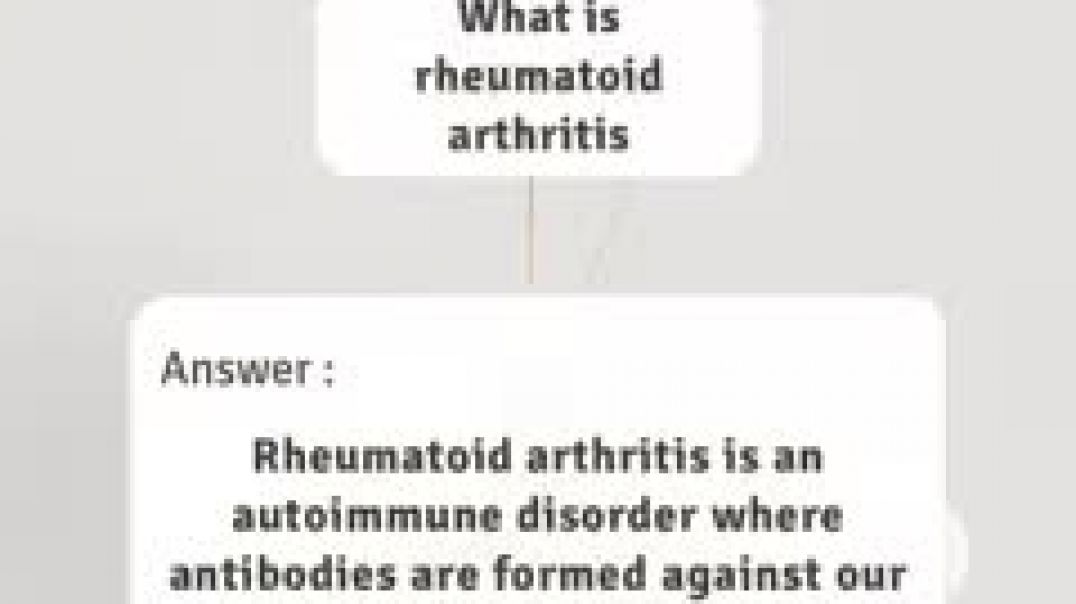Lymphoma - Types, Most common Lymphomas, Symptoms and treatment
Lymphoma is not a single disease. Lymphoma is a group of malignant neoplasms, which arise from white blood cells, specifically from B and T lymphocytes.
Lymphoma originating from the lymphoid tissues, mainly in the lymph nodes.
Lymphoma is now the fifth most common cancer in the United States.
Broadly, lymphomas classified as: Hodgkin lymphoma, and non-Hodgkin Lymphoma.
90 % of lymphomas account non-Hodgkin lymphomas, and only 10 % is Hodgkin Lymphoma.
Hodgkin Lymphoma is more predictable, while non – Hodgkin lymphoma less predictable because it has many subtypes with various prognosis.
The most common Subtypes of non-Hodgkin lymphomas are diffuse large B-cell lymphoma (about 30%); and follicular lymphoma (about 20%).
All other Non-Hodgkin subtypes have a frequency of less than 10%.
Diffuse large B-cell lymphoma is the most common form of non-Hodgkin lymphoma among adults,
This cancer occurs primarily in older individuals, around age at ~70 years. Sometimes occur in younger people and rare in kids.
It is very aggressive form of lymphoma.
Important risk factors for Diffuse large B-cell Lymphoma are:
Immunodeficiency, Infections with the Epstein–Barr virus, Kaposi's sarcoma-associated herpesvirus, human immunodeficiency virus, and the Helicobacter pylori bacterium.
The most typical presenting symptom at the time of diagnosis is a mass, that is rapidly enlarging and located in a part of the body with multiple lymph nodes such as the groin, arm pits, or neck.
Common Symptoms include: such as weight loss, night sweats and fevers. Such symptoms is called systemic B symptoms.
fatigue in in 33% of cases; unexplained elevations in blood levels of lactic acid dehydrogenase and beta-2 microglobulin in many cases.
Diagnosis of Diffuse large B-cell lymphoma is made by removing a portion of the tumor through a biopsy, and then examining this tissue using a microscope.
Treatment:
First-line therapy consist of combination of: rituximab, chemotherapy drugs (cyclophosphamide, doxorubicin, and vincristine), and a glucocorticoid (either prednisone or prednisolone).
After treatment, return of the diseases called relapse occur within the first 3 years of diagnosis.
Diffuse large B-cell lymphoma is fast growing cancer and it is fatal if left untreated.
With treatment, 5 year survival rate is 73-74 %, in case of localized disseminated with regional lymph nodes. But if there is distant metastases, 5 year survival is 57 %.
Follicular lymphoma is the second most common non-Hodgkin Lymphoma.
Follicular lymphoma has broad and extremely complex clinical picture, with a wide range of manifestations.
Most commonly, presents as asymptomatic swelling of lymph nodes, in the neck, armpits, and/or groin. Less often, it presents as a gastrointestinal tract cancer, a cancer in children involving lymphoid tissues of the head and neck area.
Follicular Lymphoma typically has a slow disease course, which persists essentially unchanged for years. However, each year 2-3% of FL cases progress to a highly aggressive form.
These transformed follicular lymphomas are essentially incurable.
Generally, the disease has an indolent and prolonged course with a median life expectancy of 15–20 years: a large percentage of patients die from other causes than their Follicular Lymphoma disease.
Median survival has been ~4.5 years after the onset of this transformation.
The median age at diagnosis is about 60 years and there is a slight female predominance.
It can develop at early ages also. Younger age patients survival rate is high, but life expectancy is still significantly less then general population.
The most common chemotherapy used for B-cell non-Hodgkin lymphoma is R-CHOP, which is a regimen of four drugs (cyclophosphamide, doxorubicin, vincristine, and prednisone) plus rituximab.
By Emmanuelm - Own work, CC BY 3.0, https://commons.wikimedia.org/....w/index.php?curid=10
By BruceBlaus. When using this image in external sources it can be cited as:Blausen.com staff (2014). "Medical gallery of Blausen Medical 2014". WikiJournal of Medicine 1 (2). DOI:10.15347/wjm/2014.010. ISSN 2002-4436. - Own work, CC BY 3.0, https://commons.wikimedia.org/....w/index.php?curid=28
By File: Illu lymphatic system.jpg, CC BY 3.0, https://commons.wikimedia.org/....w/index.php?curid=10
By Goran tek-en, CC BY-SA 4.0, https://commons.wikimedia.org/....w/index.php?curid=11
By Goran tek-en, CC BY-SA 4.0, https://commons.wikimedia.org/....w/index.php?curid=11
-
Category






















No comments found